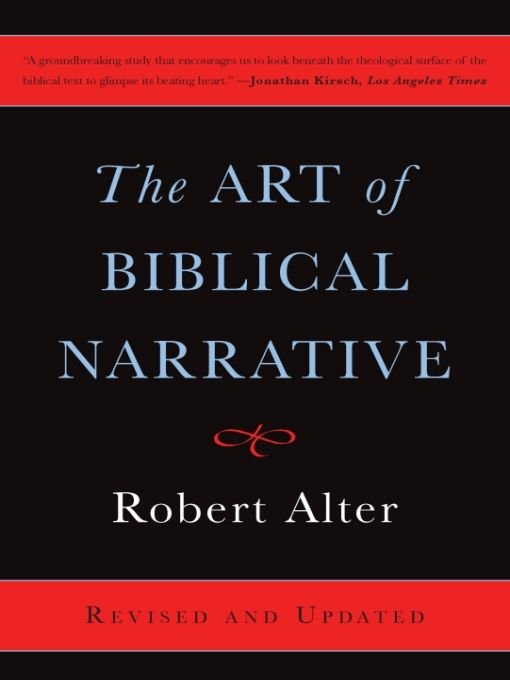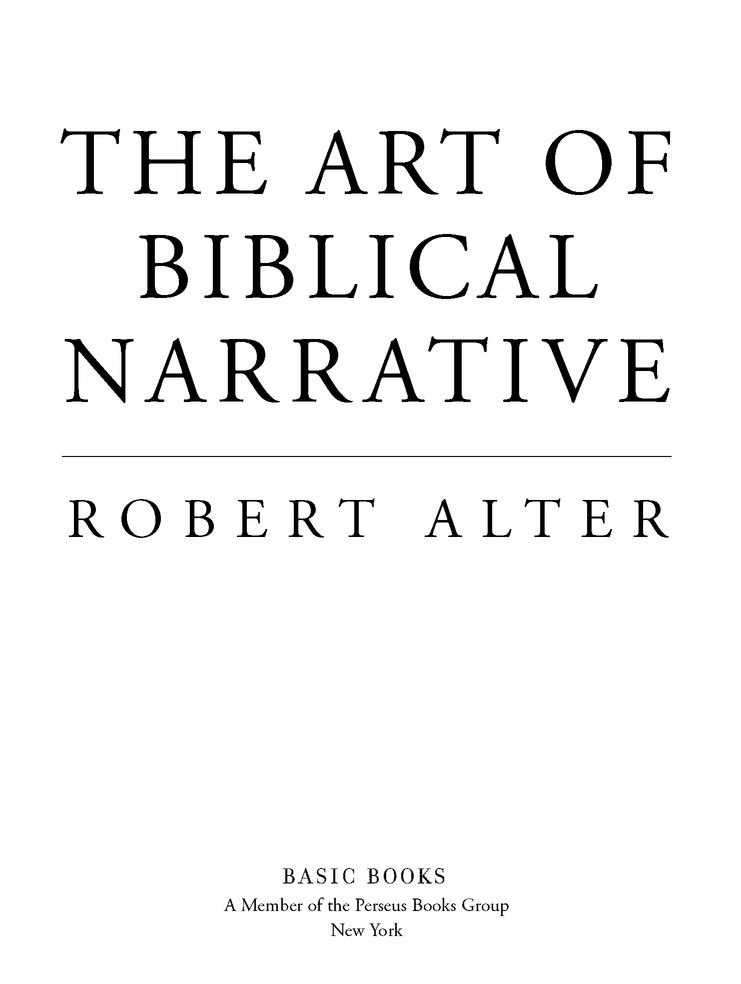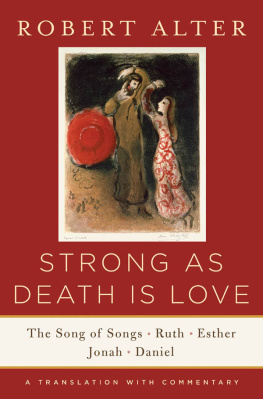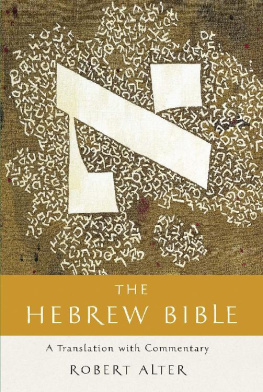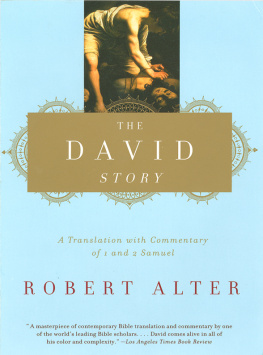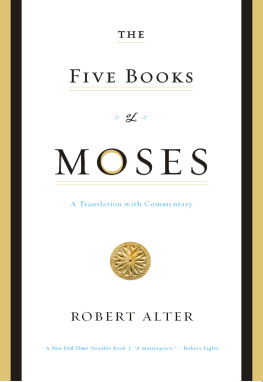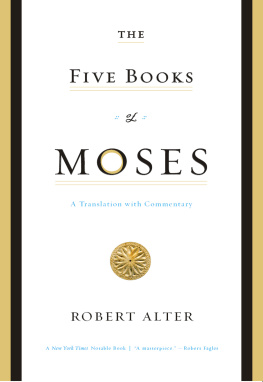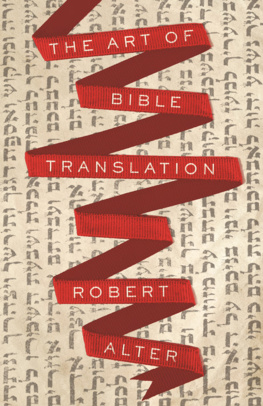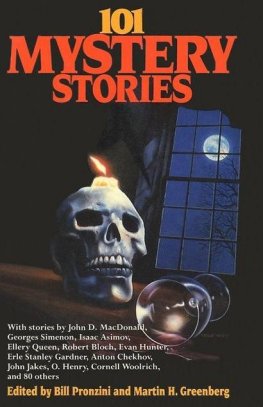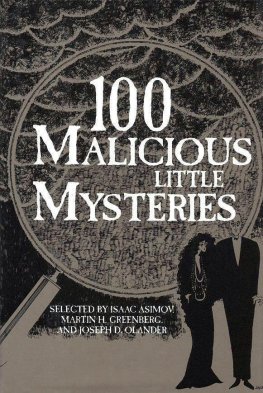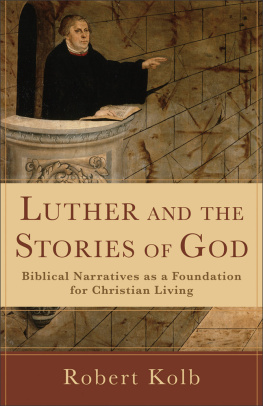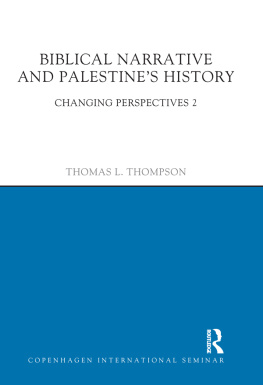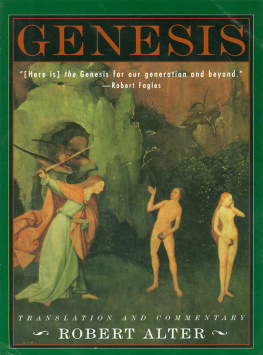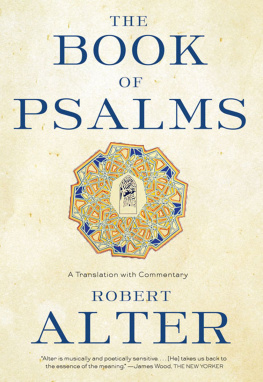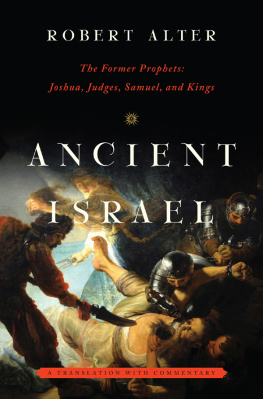PREFACE TO THE REVISED EDITION
The fate of books, like that of children, is usually not foreseeable by those who bring them into the world. Like many writers, I have more than once fostered the illusion that a particular book of mine was destined to make a great impression, only to discover that its readership seemed to be confined to librarians and my friends and relations. What happened, however, with The Art of Biblical Narrative proved to be quite the opposite.
After having stumbled onto this subject more or less by chance in the later 1970s, a happy accident that led to four published articles, it occurred to me that I had some possibly interesting ideas on how biblical narrative worked that would be worth putting together in a book. I did not have a very clear idea at the time about the potential audience for such a book, though, as with all my writing before then and since, I tried to put what I wanted to say in terms that would be accessible to a general readership and at the same time would be sufficiently rigorous to command the attention of scholars. I was not in the least thinking of framing this work as a textbook, though it turned out that this is one of the uses to which it has been put. The enthusiastic critical reception that the book was given on its publication surprised me a little, perhaps because I thought I was going to annoy readers by ruffling scholarly feathers and otherwise proposing a view of the Bible that might upset common preconceptions. What was even more surprising to me was that as time passed, the book continued to sell steadily, and then, with the advent of e-mail, readers wrote me, as they still do, to say how much the book had meant to them. A friend who always kept a close watch on academic market trends once said to me that the average shelf life of a work of literary scholarship was six years, after which nobody cared about it. His remark was made some fifteen years ago in regard to the longevity of The Art of Biblical Narrative, and now, thirty years after its initial appearance, it still seems to be a book that fills a felt need for many readers, whether their interest in the Bible is religious or literary, academic or cultural.
Writing around 1980, I complained in the first chapter and elsewhere in the book about the woeful absence of literary understanding among professional scholars of the Bible. Some things have changed for the better over the past three decades, but as is often the case with intellectual work, not entirely in the way one would have hoped. Literary analysis is now an accepted emphasis in the guild of Bible scholars, and that is all to the good. (Some reviewers of my Bible translations in the past few years have attributed this development to me, but I am convinced that this is a serious exaggeration. It would almost certainly have happened anyway, and The Art of Biblical Narrative was at most a modest catalyst in the process.) There has been some excellent literary work on the Bible in America, England, France, Belgium, and Israel, but only in patches. I would mention fine books by Ilana Pardes and Yair Zakovitch in Israel, Robert Kawashima in this country, and the Vatican scholar Jean-Pierre Sonnet. But some who have embraced literary perspectives have chosen to ignore text-critical analysis and the rigors of philology, though even in the polemic zeal of The Art of Biblical Narrative, I made clear that these were indispensable tools for dealing with ancient texts. Other Bible scholars, in the supposed interest of literary understanding, have sought to apply to the Bible one or another fashionable academic ideologypostcolonialism, gender studies, radical feminism, deconstruction. My own position remains what it was thirty years agothat the best way to get a handle on the Bibles literary vehicle is to avoid imposing on it a grid external to it but instead to patiently attend to its minute workings and through such attention inferentially build a picture of its distinctive conventions and techniques.
Going over the 1981 book line by line has been instructive for me, and I hope the resulting revisions will be useful to readers. I have corrected a few minor inaccuracies and added an occasional nuance or amplification to statements made in the original version. There are at least a few points about biblical narrative that I have come to understand better over the years. Some of my argument with biblical sourcecriticism has been tempered in this new version, and I am especially grateful to my good friend and colleague Ron Hendel for going through the book and making specific suggestions in this and other regards. I have inserted a few new pages in the chapter on type-scene because I was trying to define a particular ancient convention, and so it seemed to me that some issues of methodologyespecially the relation of type-scene to biblical form-criticismwere worth clarifying. The chapter on composite artistry now incorporates a few qualifications of the original argument because I have come to see that the discrimination of multiple sources can be more fully embraced as a complement to literary analysis than my initial formulations would lead one to think. All in all, however, this revised version remains basically the same book as the one that appeared in 1981, but at least in some regards I think it is now tighter and more precise.
I should add that the most extensive revisions are of the ad hoc translations I originally did of all the biblical passages discussed in the book. Three decades back, I was decidedly too much under the influence of the English translations of the Bible that appeared in the 1960s and 1970s, and, especially, the New Jewish Publication Society translation. I had no notion then that, beginning in the mid-1990s, I would become a translator of the Bible myself. In doing that, I quickly realized that a faithful and effective English version needed to emulate the distinctive stylistic traits of the Hebrew and follow wherever possible its purposeful syntactic contours. Though when I began, I was unsure whether it was really feasible to do this in readable literary English, I became convinced through experience, and through the response of many readers, that this was not an entirely impossible undertaking. In light of my recent experience as a translator, I am rather aghast at the versions I did for the first edition of this book, in which Hebrew sentences that begin with and are made to start with when, now, since, and the like, and the lovely eloquence of coordinate clauses in the Hebrew is recast in modernizing subordinate clauses that sound like the daily newspaper. In all instances, then, I have substituted my own subsequently published translations, which cover most of the passages cited, and for a few others I have drawn on as yet unpublished translations that I have done. I would hope that these English versions will convey to readers a better sense of the literary allure and subtlety of the Hebrew narratives that the book is meant to illuminate. With these different translations, then, and with the occasional amplification and tightening of the argument, I offer a refurbished

